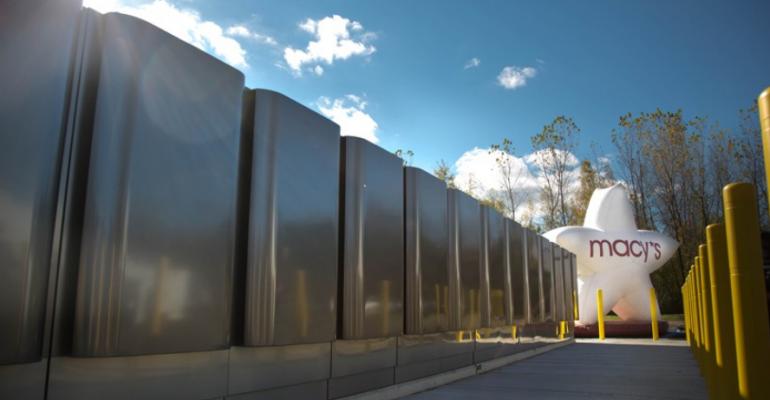After spiking about 65 percent above their IPO price Thursday, shares of Bloom Energy, which went public on NYSE Wednesday morning, came down to $21.75 Friday afternoon US Eastern, which was still 45 percent above their $15-per-share debut price.
Bloom’s shares climbed throughout their first day of trading and peaked on the following day’s morning before coming down to about where they were trading Friday, according to Google Finance. The company sold 18 million shares in the IPO, raising $270 million.
The Sunnyvale, California-based company sells fuel cells, which convert natural gas or biogas to electricity using a chemical process. It’s targeting numerous sectors, but data centers are a key focus.
The largest commercial deployment of fuel-cell technology to date is a 10MW Bloom Energy Server installation powering Apple’s data center campus in North Carolina. Apple is using a combination of fuel cells and solar arrays to power the campus.
Bloom’s other data center customers include eBay, Intel, and Equinix.
Venture capital firm Kleiner Perkins Caufield & Byers owns the largest stake in the company: 16 percent. Its second-largest backer is Kuwait Investment Authority, which owns 11 percent.
According to SEC filings, the company isn’t profitable, but it’s managed to grow revenue and cut losses dramatically over the last two years. It lost $18 million on $367 million in sales in 2017, compared to losses of $103 million on $209 million in sales a year before, according to the documents.
Achieving profitability is difficult for Bloom because of the substantial upfront capital investment required from customers. Its business relies on government incentives, such as renewable energy rebates, tax credits, and other tax benefits, the company said.
A federal tax credit for fuel cells in the US, which lapsed in 2015, was reinstated earlier this year, lowering the barrier for Bloom. The company’s CEO, KR Sridar, told Bloomberg that the tax-credit lapse played a role in the IPO being postponed, but that he would have gone through with the offering this year regardless of whether or not the credit would be reinstated.





